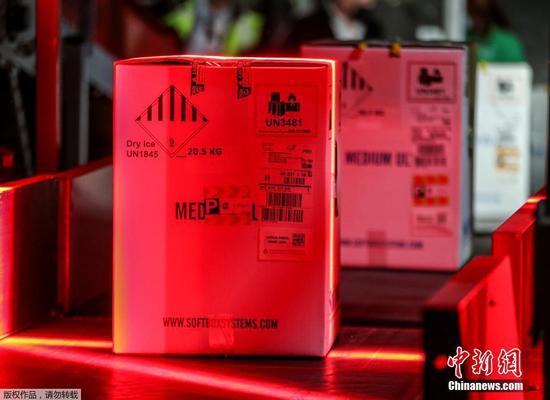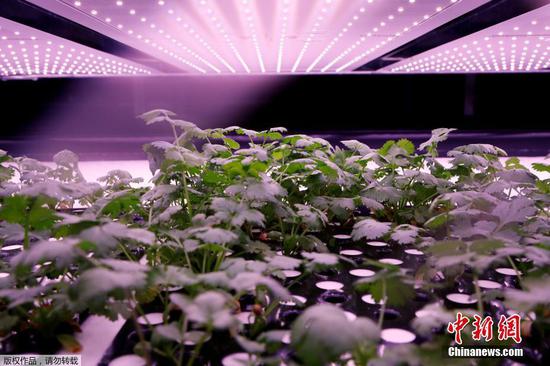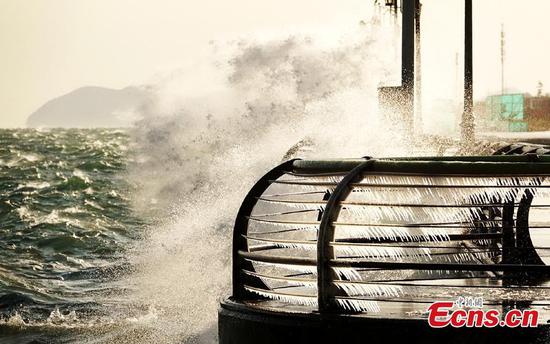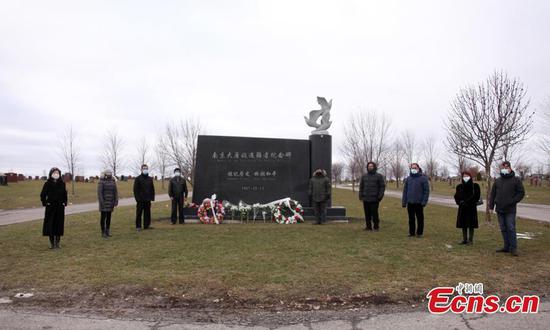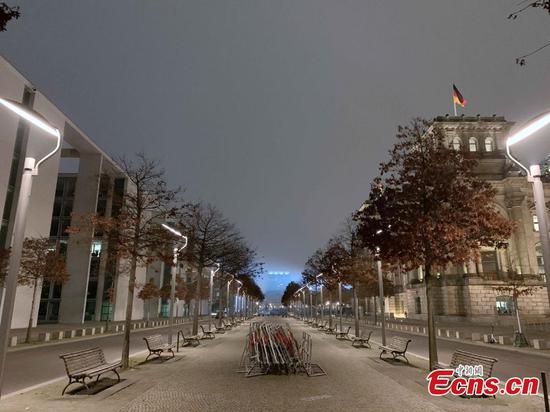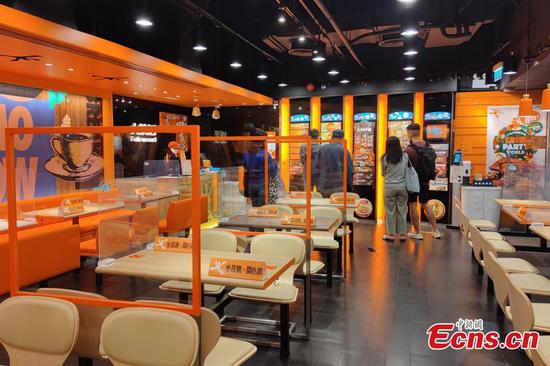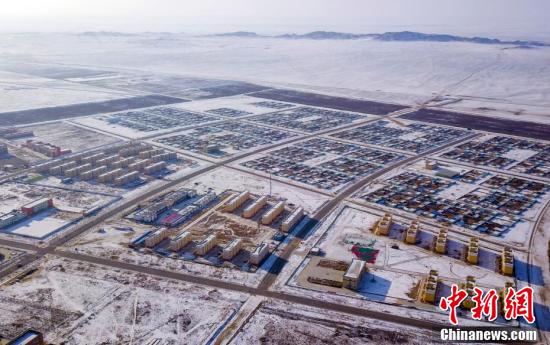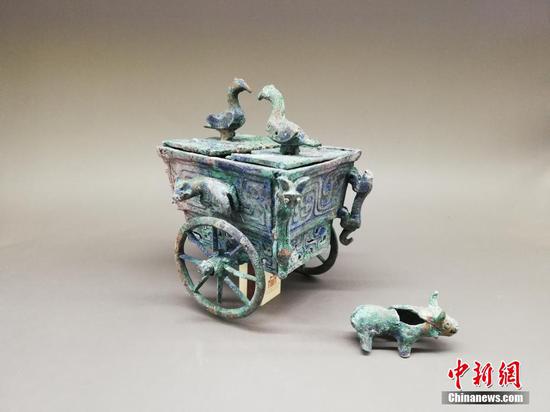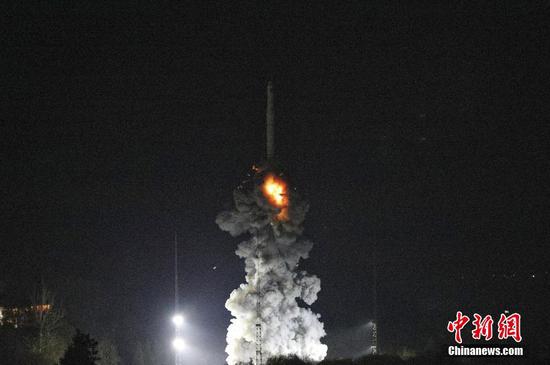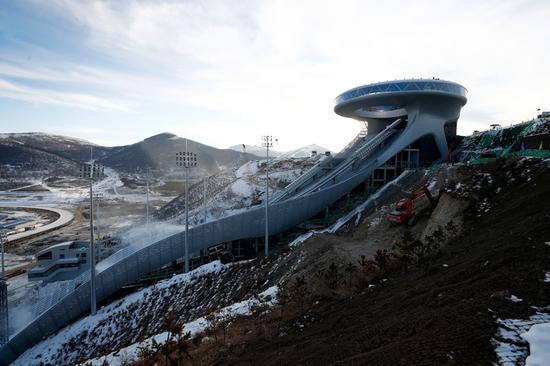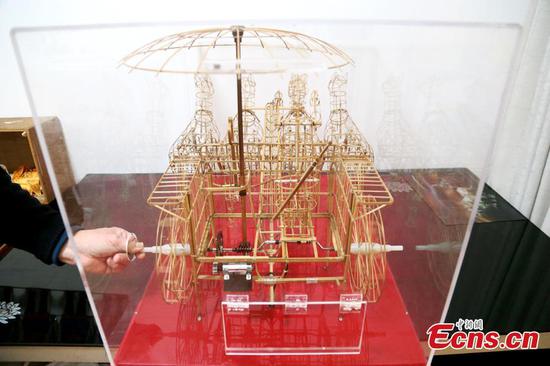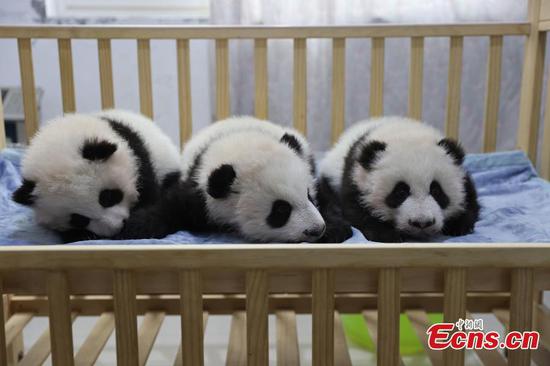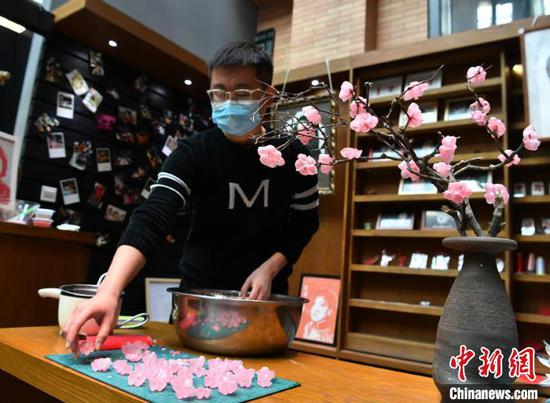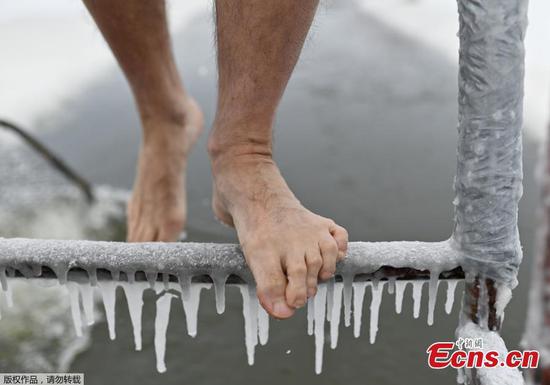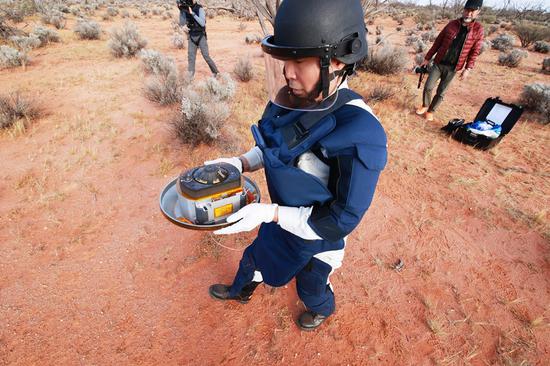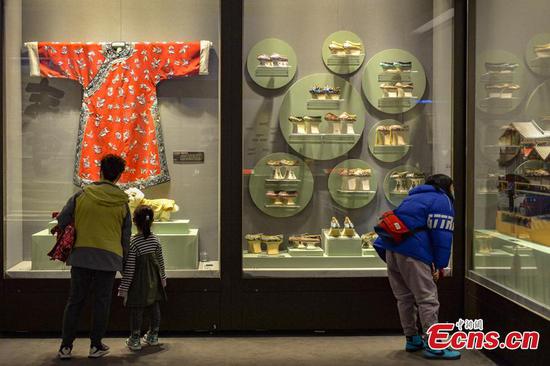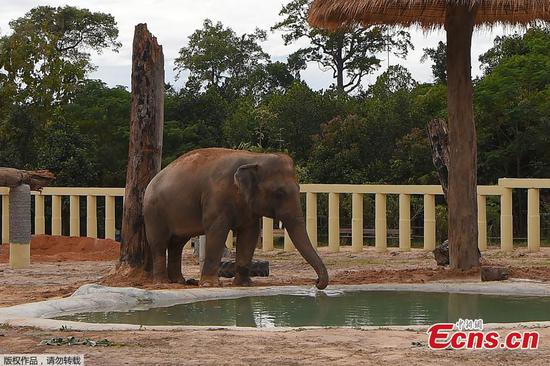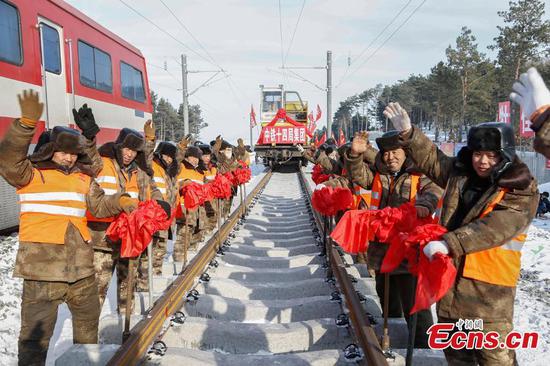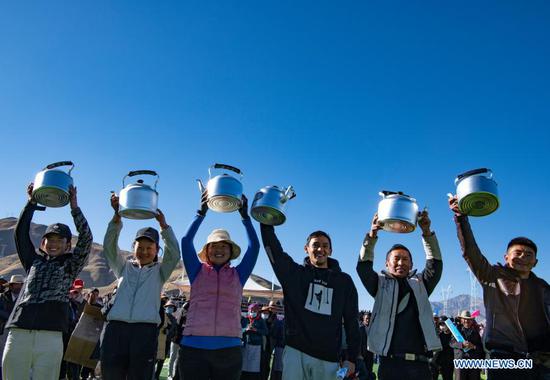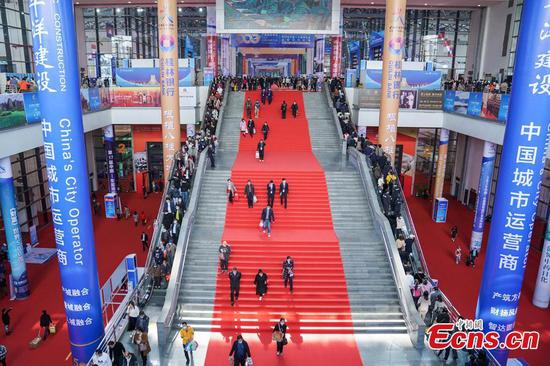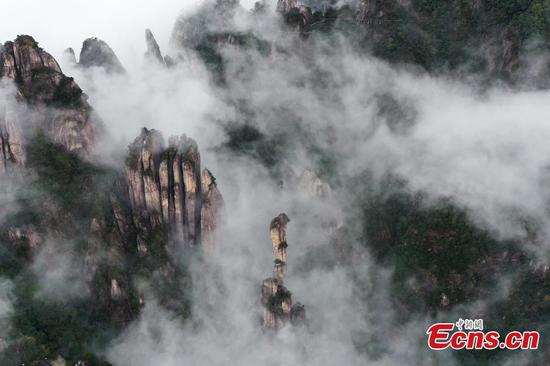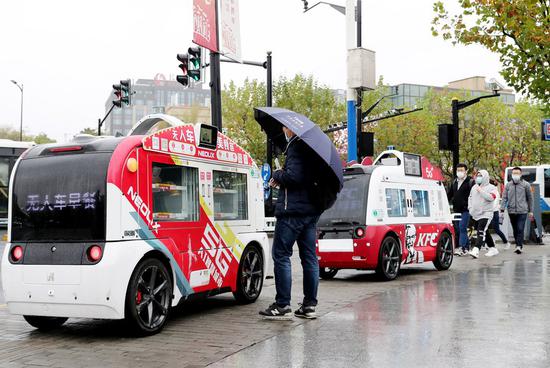Beijing has released a guidance on COVID-19 control and prevention for staff members in the cold-chain food industry, in a bid to stem the spread of the virus to the greatest extent possible, Chinanews.com reported.
At a news conference on Sunday, Pang Xinghuo, deputy head of the Beijing Center for Disease Control and Prevention, introduced the new guidance for cold-chain employees. She said cold-chain employees should enhance their protection awareness, possess relevant protection skills, and practice self-health monitoring. They should have their temperatures taken daily and keep an eye on the health status of people working and living together. When abnormal symptoms such as fever and cough appear, they should report to local disease prevention and control institutions in time, go to the nearest fever clinics for nucleic acid testing and avoid using public transport.
They should wear protective gear such as masks and disposable gloves properly throughout the working process, keep their clothes clean and disinfect them if necessary. Employees working at special units such as slaughtering and dissecting operations are also required to wear waterproof aprons, rubber gloves and boots.
Stevedore must wear work clothes, hats and gloves before handing the goods, armed with goggles and face screens when necessary and avoid frequent contact with the surface of the goods. When handling the cold-chain food imported from virus-affected areas, it is necessary to wear masks at all times, avoid the goods getting close to face or touching mouth and nose with hands, to prevent exposure to frozen aquatic products that may be contaminated by the virus. If the masks and gloves are damaged during the handling, they should be replaced immediately.
Drivers of transport vehicles should not open cold-chain food packaging or contact cold-chain food directly during the transfer unless they have permission. When entering or leaving the gate, they should avoid unnecessary contact with security guards and other personnel.
Under the circumstances of clean production, processing, storage and transportation, high-pressure water cleaning should not be used as it may cause pollution when spraying. Security personnel handling international cargo should wear work clothes and hats, use disposable medical or surgical masks, gloves, and wear goggles and face screens when necessary. They should wash and disinfect hands when changing or removing gloves to help control secondary pollution.
After work, they should remove their personal protective equipment in the designated area before leaving the workplace. The protective equipment should be properly collected and disinfected centrally according to relevant regulations.
Besides, staff members in the cold-chain food industry should also practice prevention at home.
They should take off masks, coats, shoes and hats and put them in a specific area. Before washing their hands, they should not touch their mouth, eyes and nose, and wrap the nasal and mouth discharge with tissues when sneezing or spitting, and dispose them in trash bins with lids. They should keep indoor areas clean and carry out prevention disinfection if necessary.









